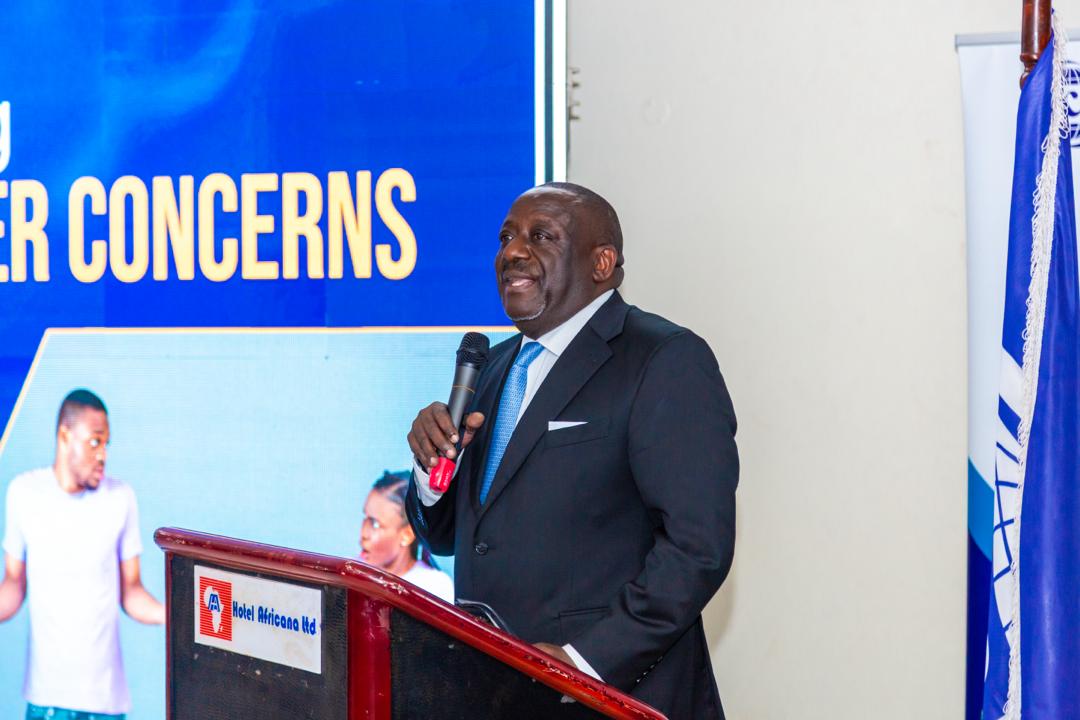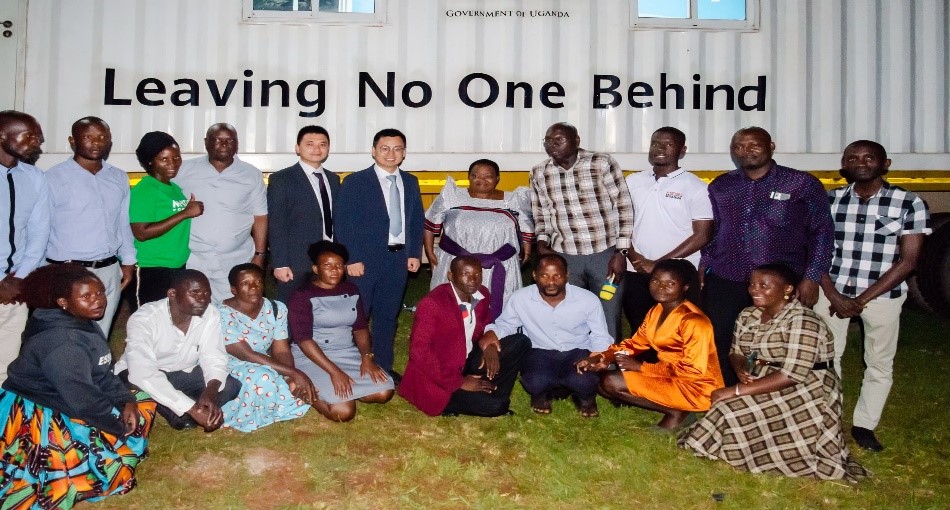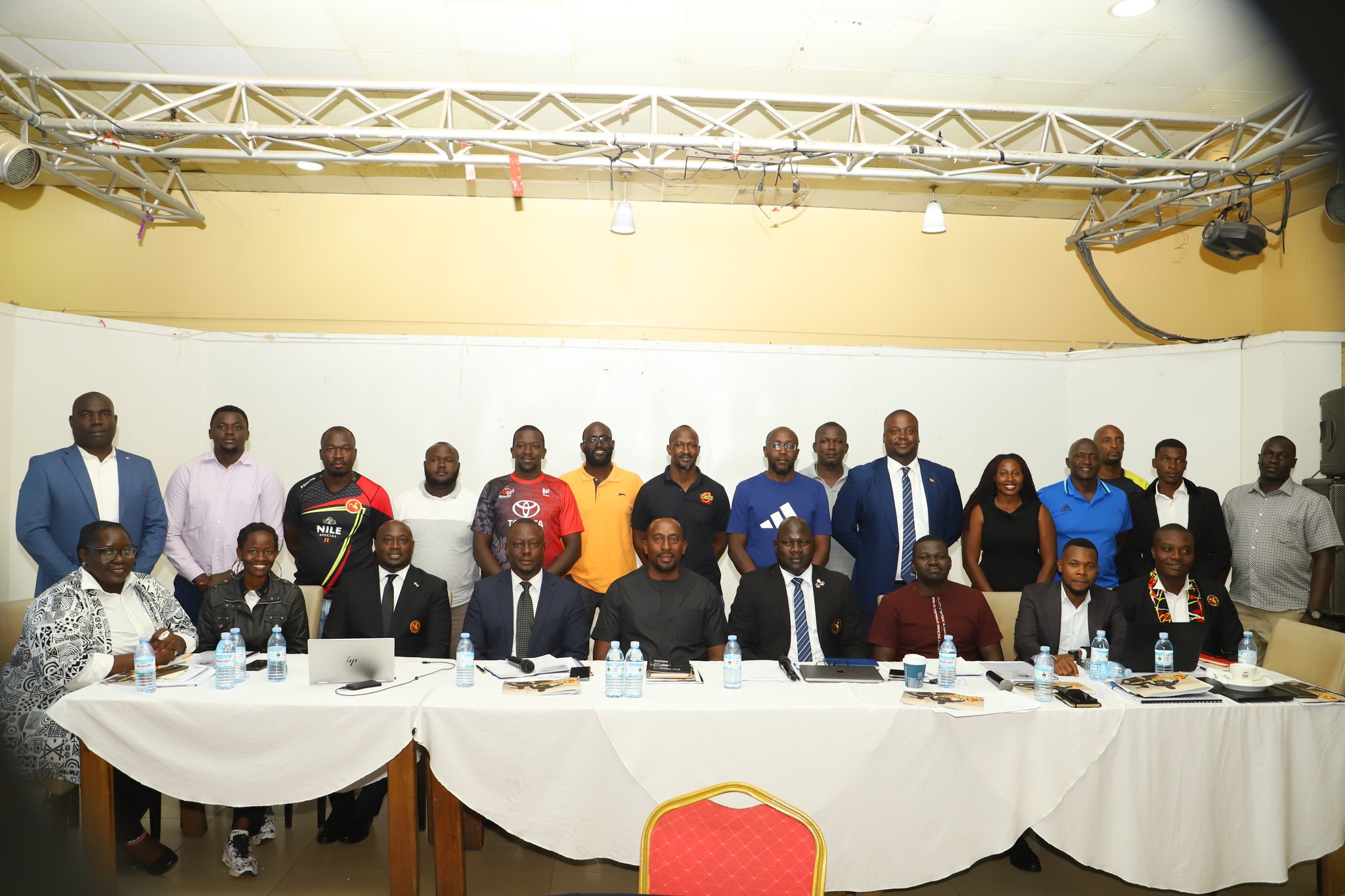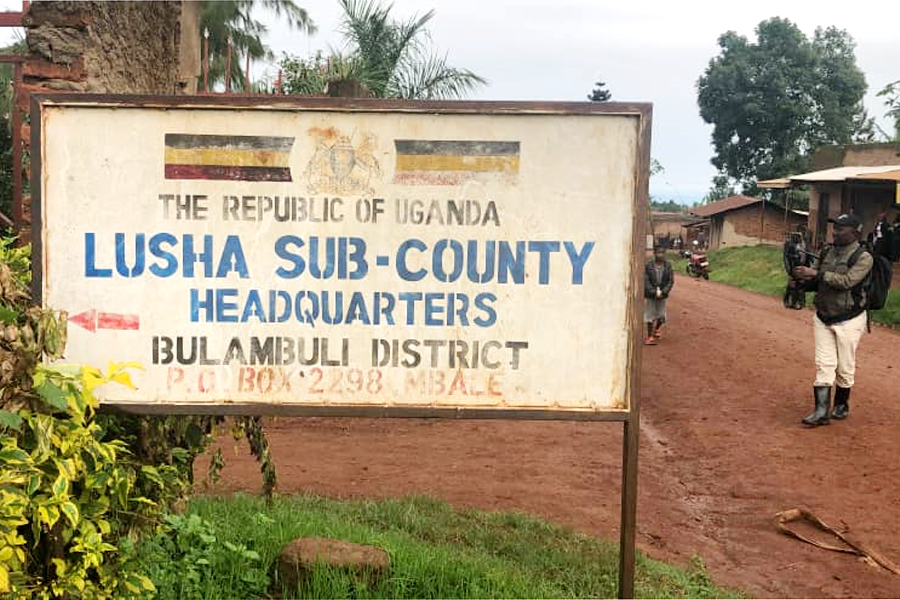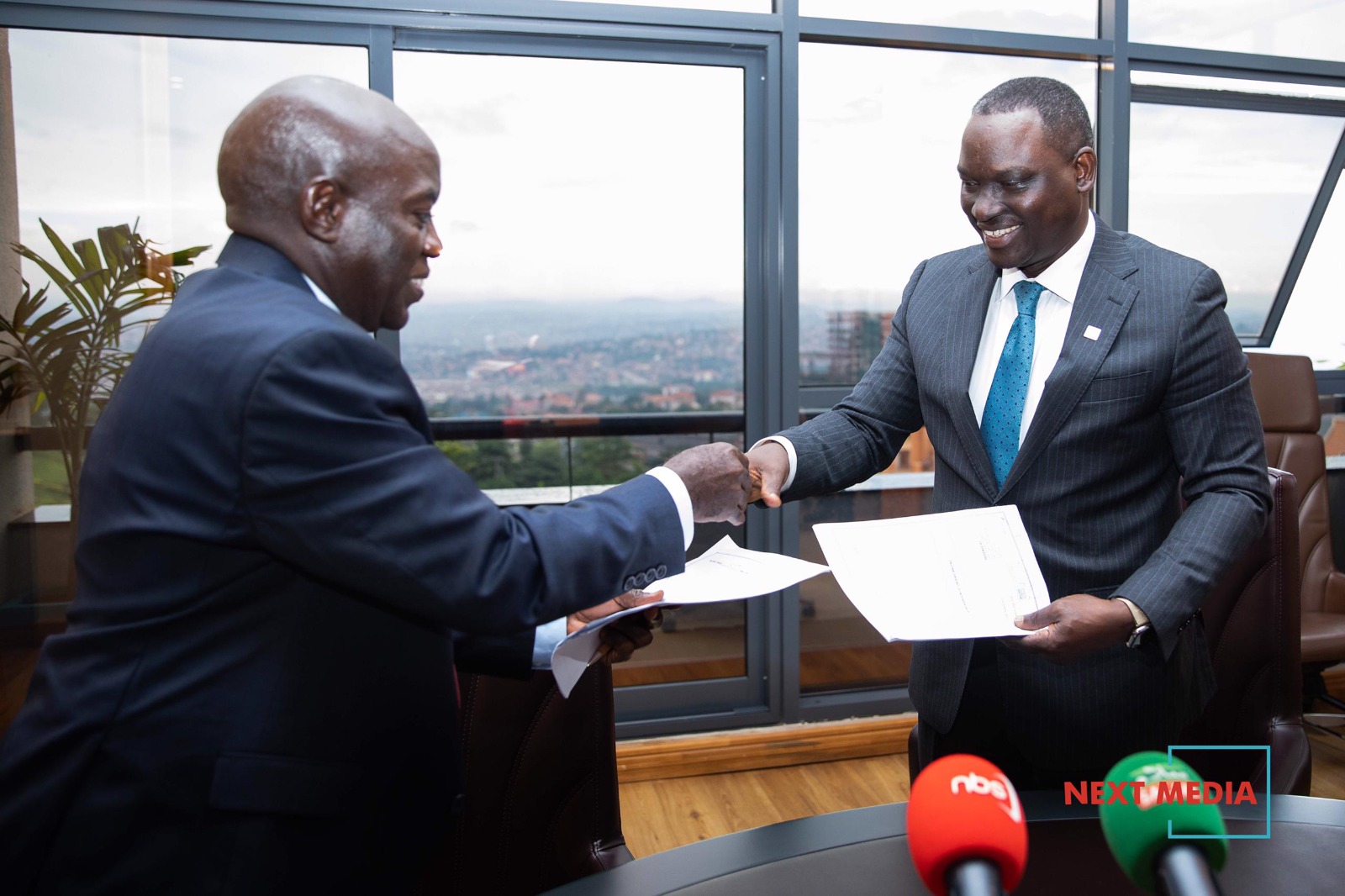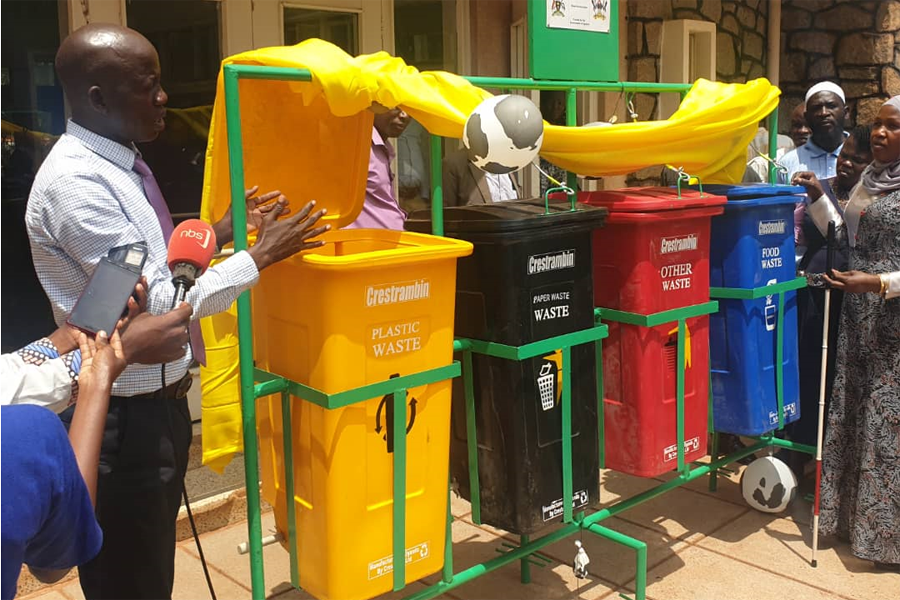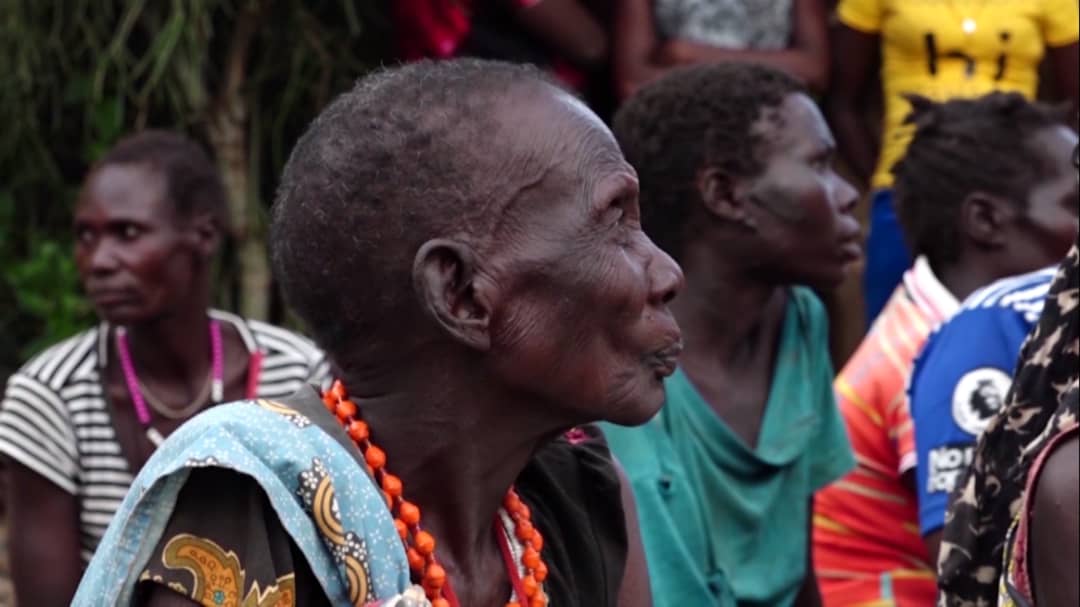Tax Discontent Simmers in Kampala as Traders Split on Tactics

Discontent over taxation is simmering among Kampala traders, with mixed messages emerging about their response.
The crux of the issue lies in the Electronic Fiscal Receipting and Invoicing System (EFRIS). Traders believe EFRIS exposes them to a heavier tax burden, including previously hidden taxes like withholding tax, income tax, and VAT.
This discontentment manifested in a weekend call for a strike. On Monday, some shops, particularly larger ones registered for VAT, remained closed in areas like Kikuubo and Shamba Complex. However, not all shops participated. Notably, Kyaggwe Road and some shops within Kikuubo itself reopened, suggesting a divide in the movement.
Keep Reading
This division extends to the leadership representing the traders. The Kampala City Traders Association (KACITA) appeared in Parliament on Tuesday, but some traders feel their approach hasn't been forceful enough in pressuring the government.
Meanwhile, the Federation of Uganda Traders Association (FUTA) accuses KACITA of being compromised due to a memorandum of understanding with the Uganda Revenue Authority (URA). They allege KACITA is discouraging the strike.
Looking ahead, the situation hinges on the government's response. Traders are demanding a meeting with the President within three days to address their tax concerns. If this meeting doesn't materialize, they threaten to resume their demonstrations.


